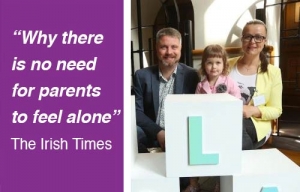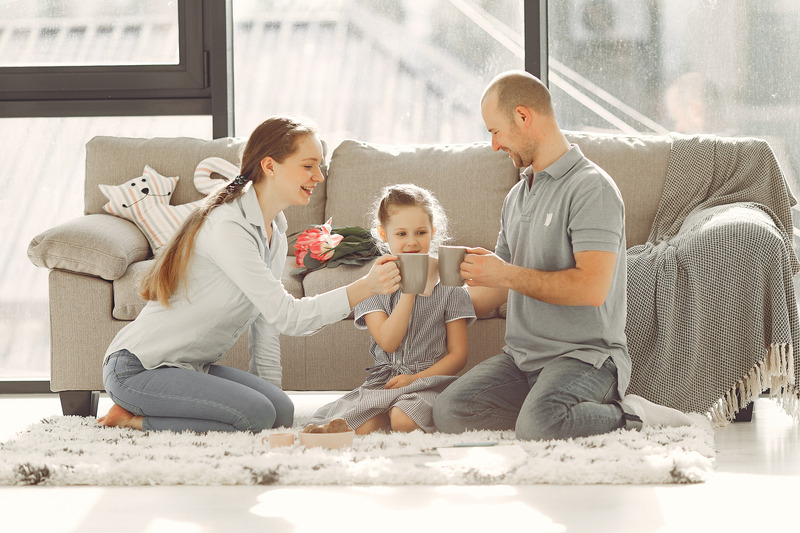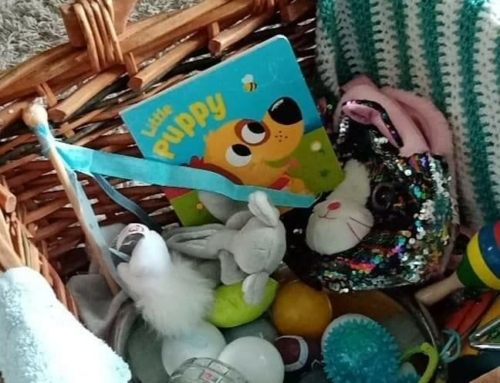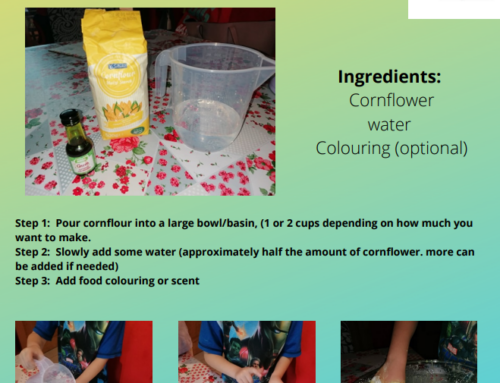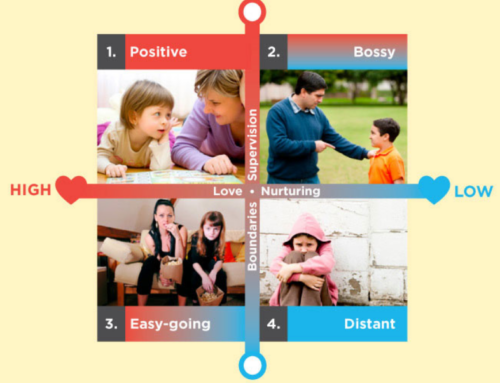Communication begins when babies are born as they start to communicate with their parents through movement, cries and facial expressions. Parents communicate to their babies by being responsive to those needs. This is the beginning of an ongoing communication process of giving and receiving messages that enables your child to develop and sustain meaningful relationships overtime. Your child’s first meaningful relationship is developed in the home between parent and child possibly followed by the child and sibling relationship; emphasising the importance of family communication.
Communication is about conveying messages through speech, tones and body language including facial expressions, signals, gestures and through the use of materials. Did you know that your non-verbal communication is more important than verbal communication? Non-verbal communication accounts for 55% of communication – 55% is body language, 38% is the tone of voice and 7% is the actual words.
Good family communication results in a happier family environment and develops cooperative relationships within the family. It allows parent(s) and children to express their needs, wants, concerns, ideas and feelings. The child learns a sense of trust and love and gains a better understanding and acceptance of themselves. It also allows children to think, plan and problem solve. In contrast, poor family communication leads to poor family relationships, poor emotional bonding and behavioural problems in children. This can result in low self-esteem, anxiety and depression expressed as teenagers and adults.
Below are four ways you can help improve your family’s communication:
- Make communication a priority
- Family Time – Set aside a time for your family to be together. Choose a time that suits all the family, where everyone can be free from distractions and interruptions. Make sure your child’s favourite TV programme is not usually on at this time, or their favourite toy is not in the room, ensure all electronic devices are off and phones are in another room. This will help keep everyone’s focus on the family in the room.
- Visitor Treatment – When visitors come to your house you give them your undivided attention. Apply this same treatment to your family during family time. Make it an enjoyable experience in a relaxed environment. Perhaps you could make a cup of tea/coffee for yourself and your child could sit in their favourite chair. By doing this you are demonstrating family communication is important in your life whilst improving your child’s social skills.
- Develop good listening skills
- An Open Mind– Listening is as important as talking and good listening skills are learned. One way you could further develop your listening skills is by listening with an open mind. If your child says something you are shocked at, try and hold back judgement to later. Otherwise, in the future your child may decide to hold back on communicating with you because of the fear of judgment.
- Make use of silence – This allows your child to reflect on what they have said and will allow them time to change their mind if they want too.
- How you say it
- Non Verbal & Verbal Communication– Be aware of your child’s non-verbal communication and tone of your child’s voice in comparison to the words they are using, sometimes these may contradict and their true feelings may be expressed in their tone. As children copy what they hear and see be aware of your own communication style to your child. For example, arms folded or a disinterested tone will send the signal to your child that you are not interested in their story in contrast to open arms and a calm positive tone sends the message to your child you are interested in their story.
- Communication Style – Use clear, consistent, positive and respectful communication. Your child’s communication style is learnt from their parent(s) in the home, this is why it is important to be ‘tuned in’ to how you are communicating with your child. As children learn to listen to good advice it teaches them how to communicate effectively helping them to create and sustain positive relationships.
- Develop your child’s expressive skills
- Encourage elaboration – When you listen to your child encourage elaboration of what your child is trying to tell you. You could say “Tell me more about that” whilst smiling or making eye contact. This will encourage your child to talk about what is important to them and show them you are interested. Give help if they need to express themselves more clearly or suggest alternative thoughts you would like them to consider them. This will boost their self-confidence, increase their understanding and also improve their story telling abilities.
- Summarise – Recap on what has been said to your child to check if you both agree on the outcomes of the discussion.
Good communication is the foundation for a happy, healthy and successful family. Although improving family communication takes some time and consistent effort. The outcome is well worth the effort. You will have created a long lasting emotional family bond whilst instilling the importance of effective communication and particularly family communication; a skill that your child will use in their daily lives enabling them to create healthy personal and professional relationships and possibly one day they will be able to use these tips with their own families.

